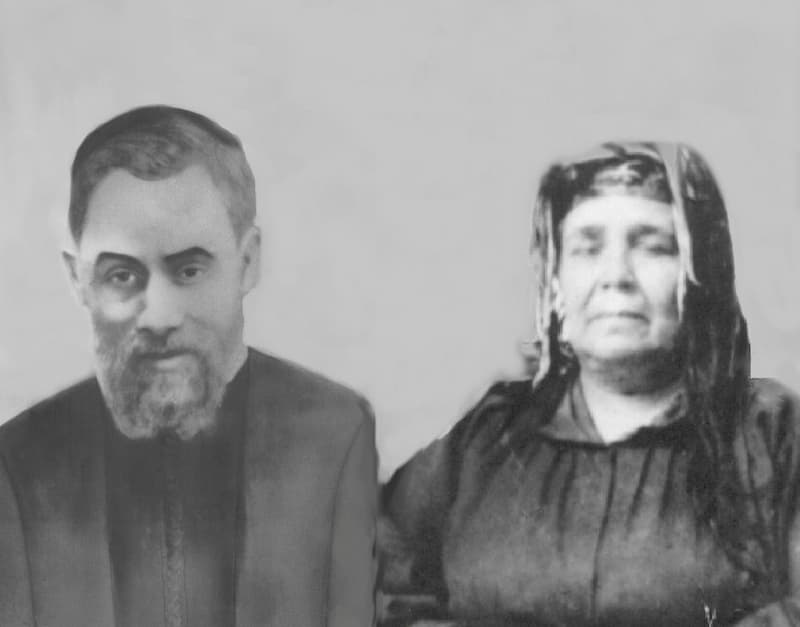At Tisha B’Av, Moroccan Jewish families were split into two camps; the “Treyen” and the “Khanzin”, two Arabic adjectives in the masculine plural form respectively meaning the “pure” and the “impure”.
According to our Sages the besieged population of Jerusalem suffered from famine and thirst. Many resorted to eating the decaying carcasses they found hence their name “khanzin” meaning putrefied rendering them ritually impure.
On the other hand, there were others who were able to find ritually fit animals which they slaughtered for consumption in honor of Shabbat. We were part of this latter group.
As for the “Khanzin” the meat they ate on Shabbat was called “Khleh”. It consisted of chunks of meat which they fried and preserved in olive oil and stored in clay jars. Something akin to our khaw khawa.
Being “treyen” elicited admiration and respect in the Jewish community. It spoke of our determination to remain loyal to the Torah tenets even in the extreme circumstance of war and famine.
A midrash that I loved to hear as if for the first time:
[from the Book of our Heritage by Eliyahu Kitov]
After the destruction of the first Temple, Abraham appeared before God asking: “Lord of the Universe! Why did you destroy the Sanctuary; at which place I brought up my son Isaac as an offering before you?”
God said to Abraham: “Your sons have sinned and they have violated the entire Torah including its twenty-two letters.” Abraham said before God: ”Lord of the Universe, who bears witness that Israel has violated Your Torah?” God answered: ”Let the Torah come and bear witness against Israel.” Immediately, the Torah came to bear witness. Abraham said to her: “My daughter, remember the day when God turned you from nation to nation, and they all refused to accept you, till my sons came to Mt. Sinai, and they received you and honored you. And now, you come to bear witness against them on the day of their travail?” When the Torah heard this she stood to one side and did not testify against them. God said to Abraham: “Let the twenty-two letters come and testify against Israel”. Immediately the twenty-two letters came. The Aleph came and testified that Israel had violated the Torah. Abraham said to her: “Aleph! You are the first of the letters and you have come to testify against Israel on their day of travail? Remember the day when God was revealed on Mt. Sinai and He began with you: “Anochi Hashem Elokeha” (I am the Lord Your God”) and no people accepted you other than my sons?. Immediately the Aleph stood aside and did not testify against them. The Bet came to testify against Israel. And Abraham said to her: “My daughter, you come to testify against my sons who diligently study the Five Books of the Torah, whose first letter you are, Bereshit bara Elokim? (“In the beginning God created”). Immediately the Bet stood to one side and did not bear witness. When the other letters saw that Abraham had silenced them, they were shamed and stood aside and did not testify against Israel.








Ohr HaChaim Yomi – Emor